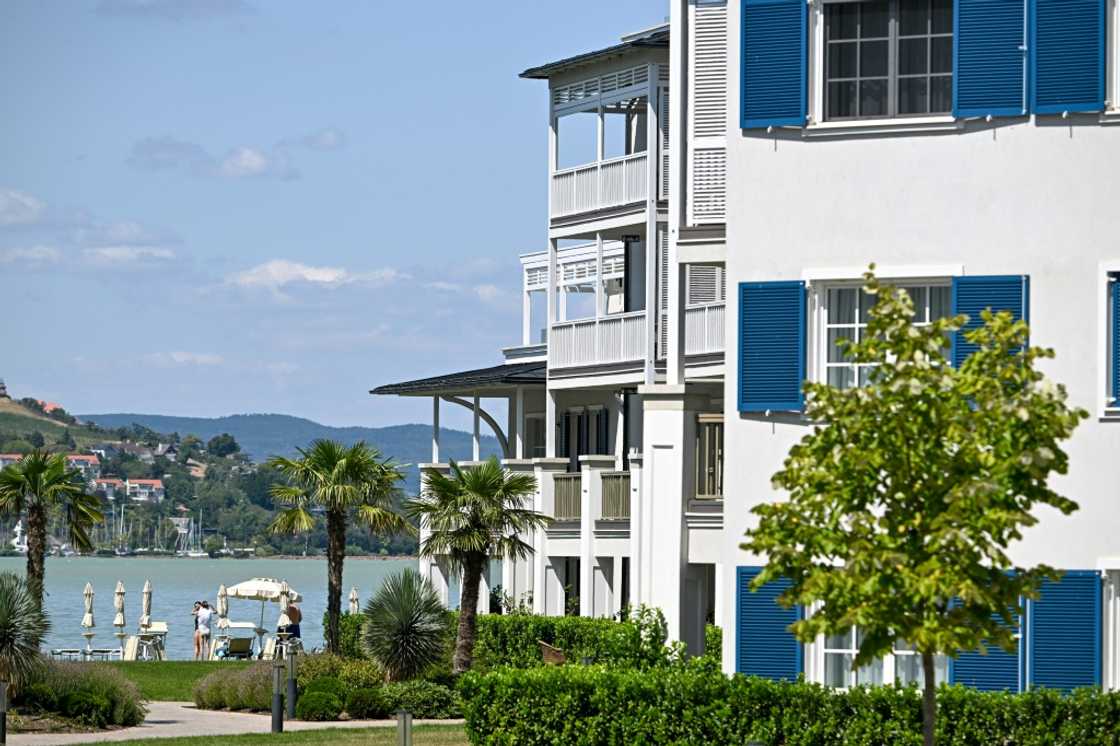
Source: AFP
Ringed by once-free beaches and green parks, Hungary's Lake Balaton has delighted generations of holidaymakers -- but now, locals warn, private developers are fencing off the sandy bays for rich visitors, with the nationalist government's blessing.
Luxury hotels, apartment blocks and closed-off marinas have begun in recent years to replace the free-entry beaches, campsites and greenery around central Europe's largest freshwater lake -- affectionately known as the "Hungarian Sea".
Some locals warn the trend threatens traditional tourism and blame the changes on Prime Minister Viktor Orban.
Critics accuse the nationalist leader of letting his allies take over large swathes of the economy since his 2010 return to power.
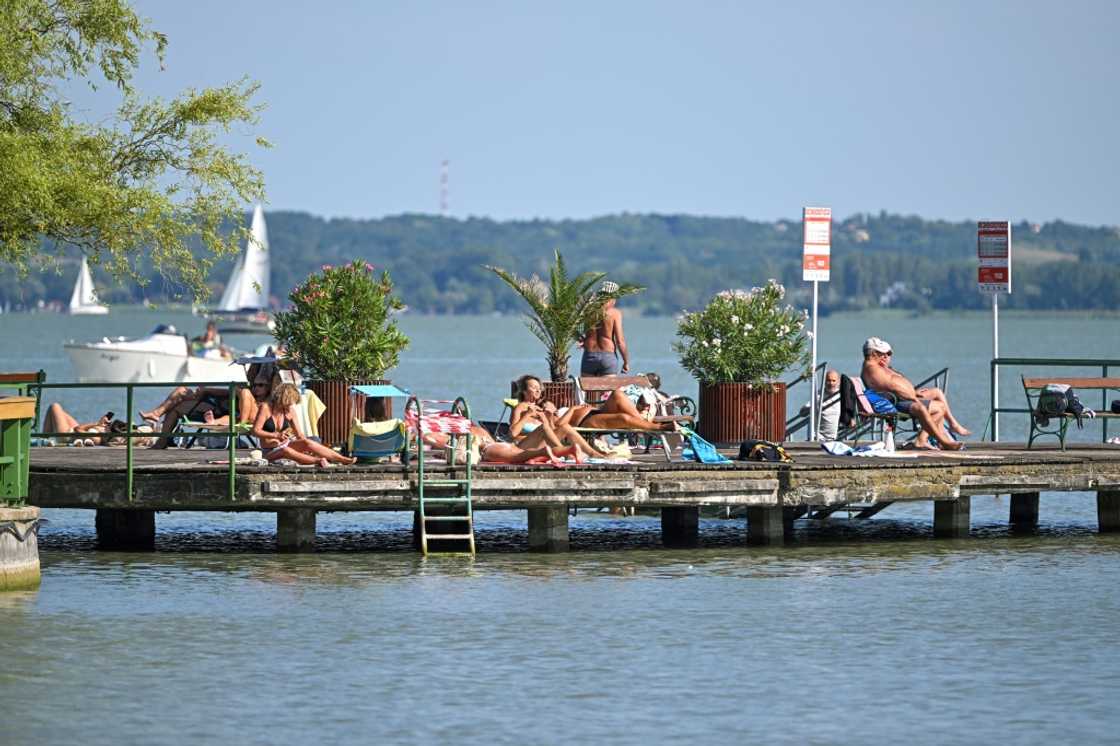
Source: AFP
PAY ATTENTION: Сheck out news that is picked exactly for YOU ➡️ find the “Recommended for you” block on the home page and enjoy!
"I'm seriously worried," said Peter Karpati, a local activist who has been selling ice cream for almost 40 years in the port of Balatonfoldvar.
He denounces the "greed that is gradually eating away at the lake and leading it to ruin."
The lake, with its 235-kilometre (146-mile) shoreline, sees 2.8 million visitors each year, mostly Hungarians.
But figures from the state statistical office show a decline in overnight stays in June year-on-year even though total spending by visitors has increased, against a backdrop of gentrification and soaring prices.
Karpati accuses the municipality of "flushing away" money on "senseless" developments instead of focusing on attracting tourists.
He is considering moving his shop -- in exchange for a hefty check from the municipality -- to make way for "a big entrepreneur in Orban's system".
'No beach is safe'
More than 50 developments around the lake are spearheaded by businessmen close to Orban, according to corruption watchdog K-monitor.
Among those said to be involved is his son-in-law Istvan Tiborcz.
Tiborcz told AFP he was involved only on an "intermittent basis" several years ago and said "misleading" claims had been made about his role.
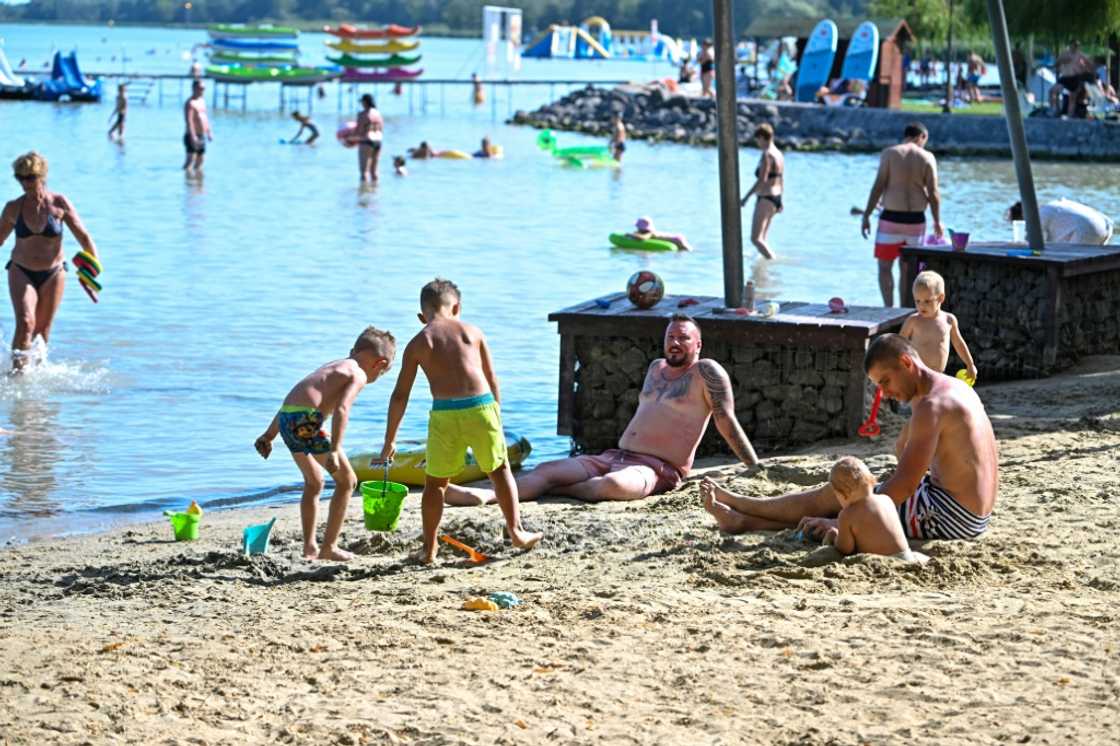
Source: AFP
The government says it provides funds to develop tourism, but critics accuse it of financing controversial projects and supporting legal changes to push them through.
In Balatonfoldvar, ice-cream seller Karpati is a member of a local group that is fighting a prolonged legal battle to protect the beach from a contested marina project, already half-built, which the group says is linked to Orban's allies.
Construction was halted twice by the courts which cited a lack of public consultation and a missing environmental impact study.
But it was restarted after the town council -- led by Orban's Fidesz party -- retroactively changed the local building code last year.
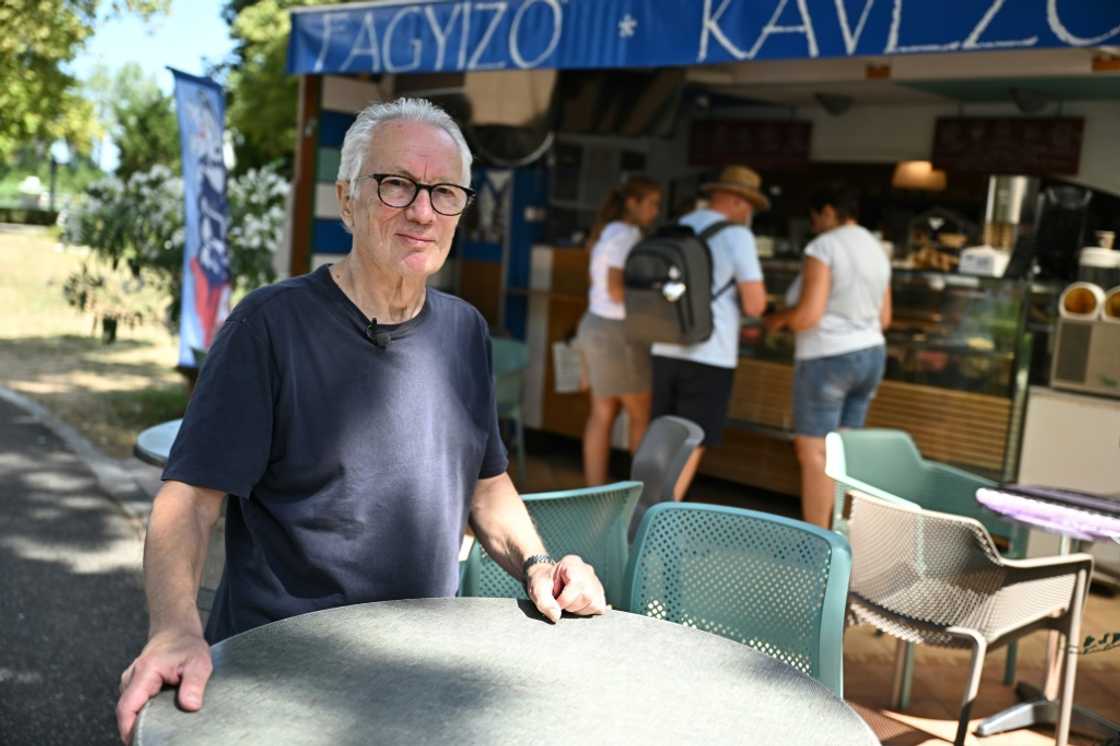
Source: AFP
"If this can be done here in Balatonfoldvar... then not a single beach in Balaton is safe," warned the head of the activist group, Karoly Herenyi.
He is a prominent member of a now defunct party, once a close ally of Fidesz.
Holidaymaker Laszlone Szabo, a 46-year-old teacher, has signed a petition against the marina.
"The port is a bit of a nuisance, because we've been holidaying here for years, the kids grew up here -- and as you can see, it breaks the view a bit," she told AFP.
"It has taken the part of the western beach where we used to sunbathe and spend the whole summer."
The local mayor's office did not grant AFP an interview.
'New aristocracy'
Herenyi believes there is a "strong political will" to create a "new aristocracy" that will have the lake to themselves as the nobility did a hundred years ago, when the region started to become popular.
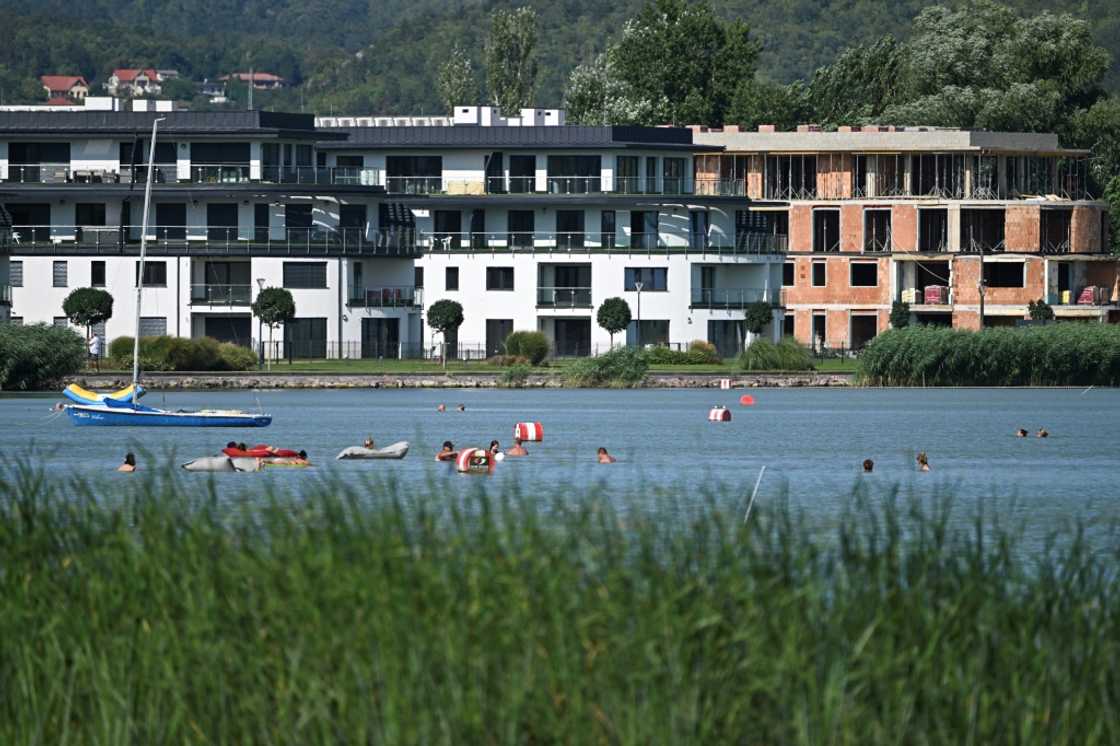
Source: AFP
Host during the communist period to then Soviet leader Nikita Khrushchev and Cuban president Fidel Castro, Lake Balaton saw many Soviet-style buildings spring up.
After the democratic transition in the 1990s, the authorities promised to stop the boom in construction -- but it has resumed with renewed vigour in recent years.
Activists anxious to preserve affordable family tourism saw a glimmer of hope in June when Fidesz lost ground in the municipal elections.
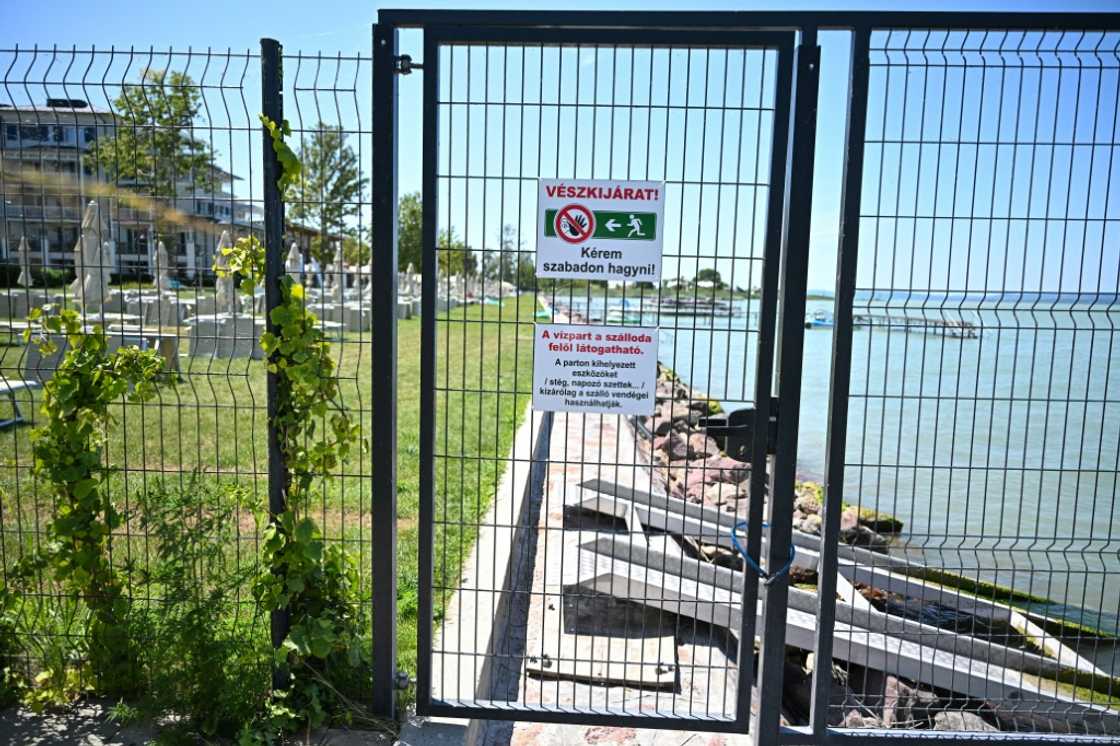
Source: AFP
In Keszthely, sometimes known as "Balaton's capital", Fidesz lost the mayorship it had held since 2006 to a 54-year-old alternative economist, Gergely Toth.
He won after promising to pursue "gentle development" and to listen to the people.
When he takes office in October, one of his first acts will be symbolic: to dismantle a gate built without a permit -- a frequent tactic of real estate developers -- that blocks public access to a local beach.
Source: AFP













![Edo Deputy Gov Idahosa Meets Philip Shaibu [Photos]](https://www.naijanews.com/wp-content/uploads/2024/11/IMG-20241112-WA0078.jpg)


 English (US) ·
English (US) ·